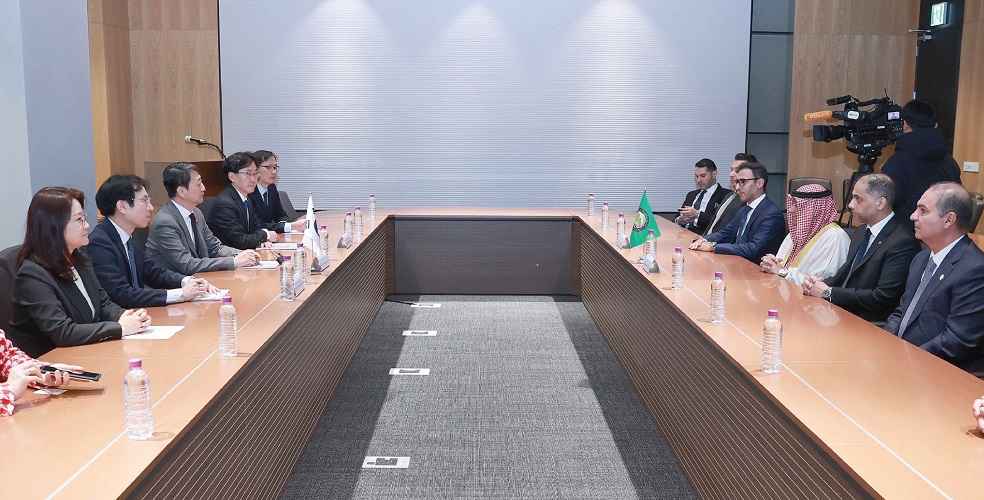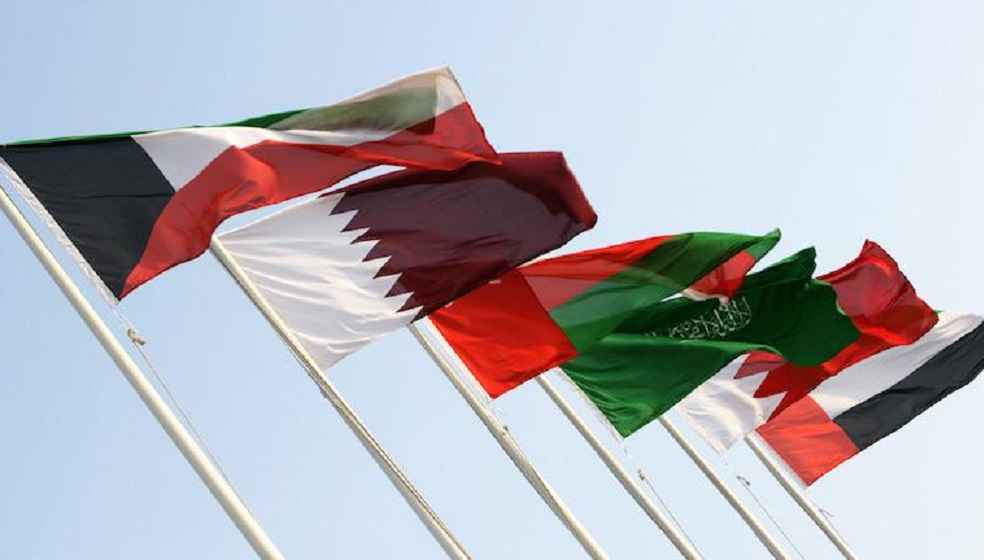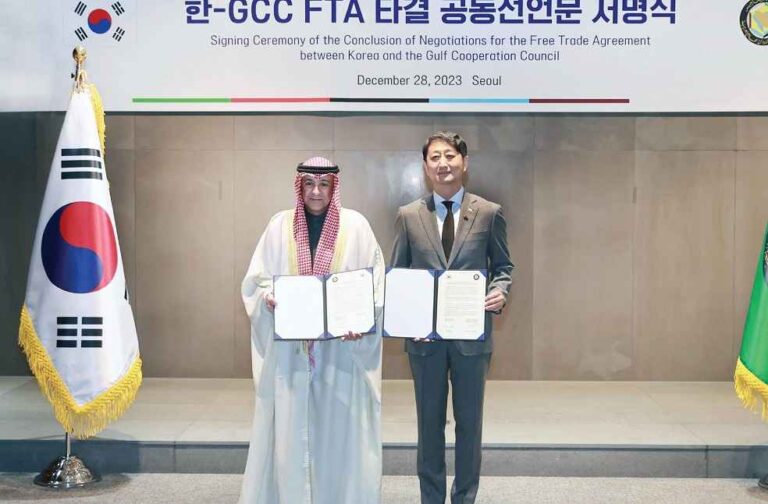A transformative chapter in global trade unfolds with the Gulf Cooperation Council (GCC) and South Korea finalizing a comprehensive Free Trade Agreement (FTA). This development, signed with fanfare in Seoul, marks a pivotal shift in economic relations and strategies.
Jasem Mohamed Albudaiwi, GCC Secretary-General, alongside South Korea’s Trade Minister Ahn Duk-geun, ratified this agreement, symbolizing a leap forward in Gulf economic consolidation and international trade sophistication.
The FTA, born from five rounds of strategic negotiations, demonstrates a shared vision for bolstering strategic partnership and economic synergy between the GCC and South Korea. This pact not only amplifies bilateral trade but also catalyzes trade diversification, strengthening economic fabrics in both territories.

Spanning 18 chapters, the agreement’s scope is impressive, encompassing trade in goods, services, digital commerce, SME support, customs, intellectual property, and other crucial economic sectors. This breadth underscores a commitment to a deep-rooted and multifaceted economic bond.
2023 witnesses the GCC’s assertive stance in global trade, with this FTA following an earlier agreement with Pakistan. These steps reveal the GCC’s strategy to diversify beyond its oil-centric economy and embrace global economic dynamics.
For South Korea, this pact opens a gateway to the affluent Gulf market, promising lucrative opportunities for its businesses and investors. This move is particularly strategic, considering the current global economic landscape marked by recovery efforts and shifting geopolitical influences.

The implementation of this FTA promises to revolutionize market dynamics, offering businesses and consumers enhanced trade opportunities, reduced barriers, and a platform for sustainable economic growth. This agreement stands as a beacon for future global trade initiatives, showcasing the potential of strategic economic partnerships.
DON’T MISS IT | South Korea’s Export Revamps Amid US-China Trade Spat, BOK Reveals



